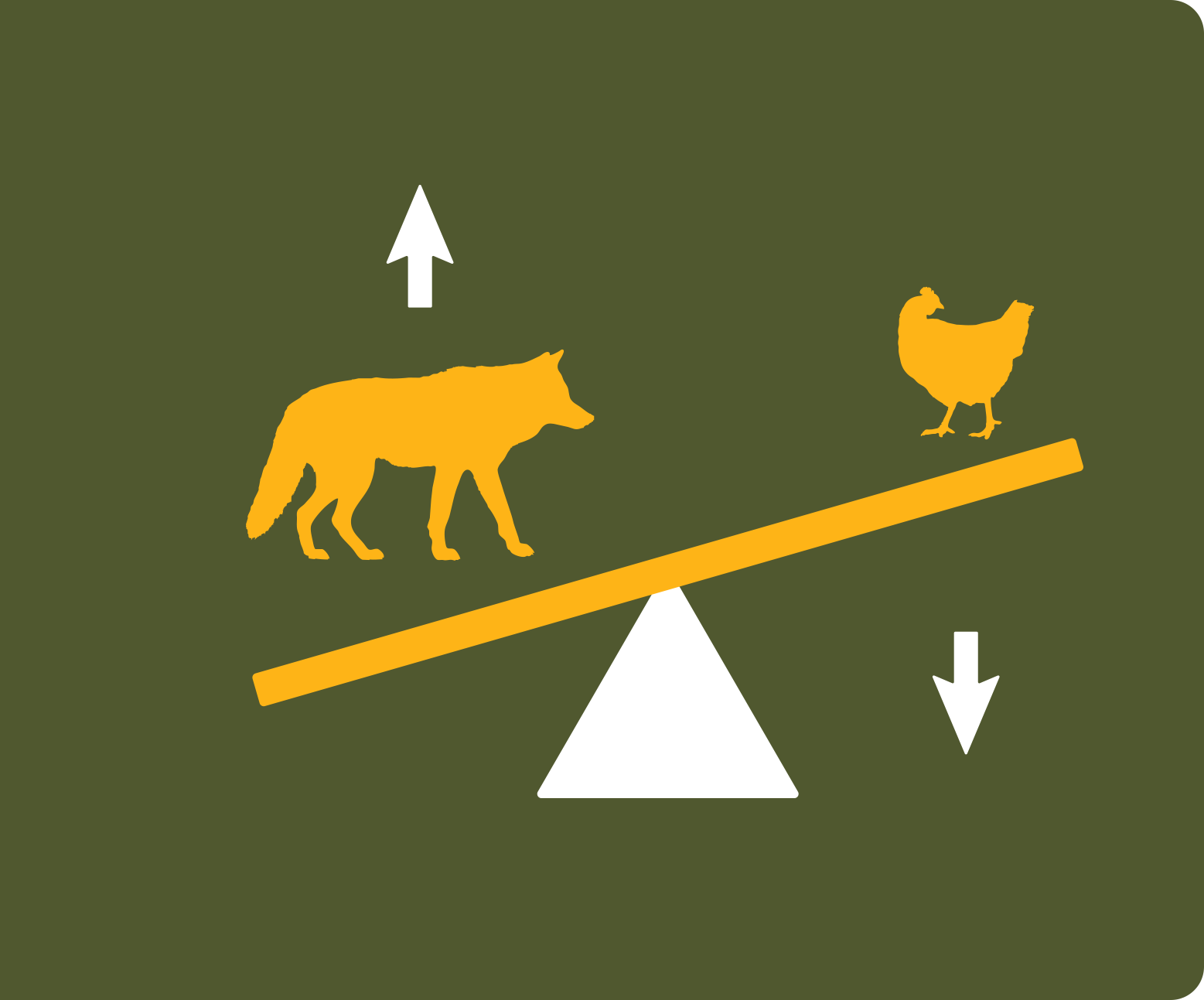“No scientific evidence has been presented to justify the closure of the coyote hunting season, and the NRC had an obligation to oppose this part of the order per Proposal G and the authority it provides to them,”
said MUCC CEO Amy Trotter in the same release.
“Now enacted, it will make the fight to defend lethal wildlife management that much harder.”

Arguments presented by groups like the Humane Society of the United States assume that shortening the season to nine months once again will protect young coyotes from starving. We’ll respond to this in a moment.
Most important is that the Commission stands on the argument that coyote hunting during this period “is not fair chase” which incorrectly correlates killing a coyote in the open as the same as killing them or their young in the den. Hunters understand that their necessary role in the North American Model of Wildlife Conservation (NAMWC) may include killing a pregnant animal, which is not taken lightly but can happen despite not being a targeted effort. Further, the act of killing a mother coyote does not automatically sentence her young to death, as wild animals are far more resilient at a young age than anti-hunting and anti-conservation groups seemingly believe.
What the NRC failed to recognize about the argument is that the pillar of the NAMWC it refers to concerning fair chase also states that wildlife “shall be taken … for food and fur, in self-defense, or protection of property.” Coyotes are a defined fur bearer across the United States. Fully-grown coyotes are also an unchecked predator in nature — except by hunters — and prey on young animals, livestock, and pets, and have been shown to attack children, leading to frustration, heartache, and significant monetary damage each year.

Additionally, the season reduction, which restricts the hunting of coyotes from April to mid-July, damages whitetail deer fawn recruitment, which takes place from mid-May through June.
Thus, this decision, effectively, disregards a necessary component of Michigan’s whitetail herd management — especially in places such as the Upper Peninsula where the deer herd has been steadily declining for 20 years — as more fawns will be killed by hyper-aggressive coyotes who will be in search of more food over this 3 1/2-month period.
A basic truth that the NRC and anti-conservation groups seem to not understand is that nature is unforgiving, and it’s the American hunter’s role to control populations within management boundaries to help ecosystems thrive, another pillar of NAMWC. Simply, if a hunter doesn’t kill a mother coyote, her pups are still in danger of dying from avian predator attacks, disease, or another facet within its ecosystem.

Further, coyotes are nomadic animals and require year-round hunting, as it’s been proven that when one is killed in one area, another takes its place quickly.
Giving coyotes a three-month silent period allows populations to outgrow the work done by hunters since 2016 while simultaneously putting other species at risk, like whitetail deer. Leaving year-round hunting on private land is, at the least, helpful, but removing this practice from public land is unacceptable. Statistics show that around 65 percent of hunters kill coyotes on private land, leaving out a significant amount of public land hunters who may not have the ability to secure private land access, another slap in the face to the NAMWC.
Lastly, allowing a gubernatorial-appointed body to make decisions not based on science is a slippery slope for other wildlife management plans in the future, as well as for other states facing similar pressure like Michigan. All conservationists should see this as an uneducated overstep of the Michigan NRC and leverage their influence to ensure rulings like this end with this decision.
